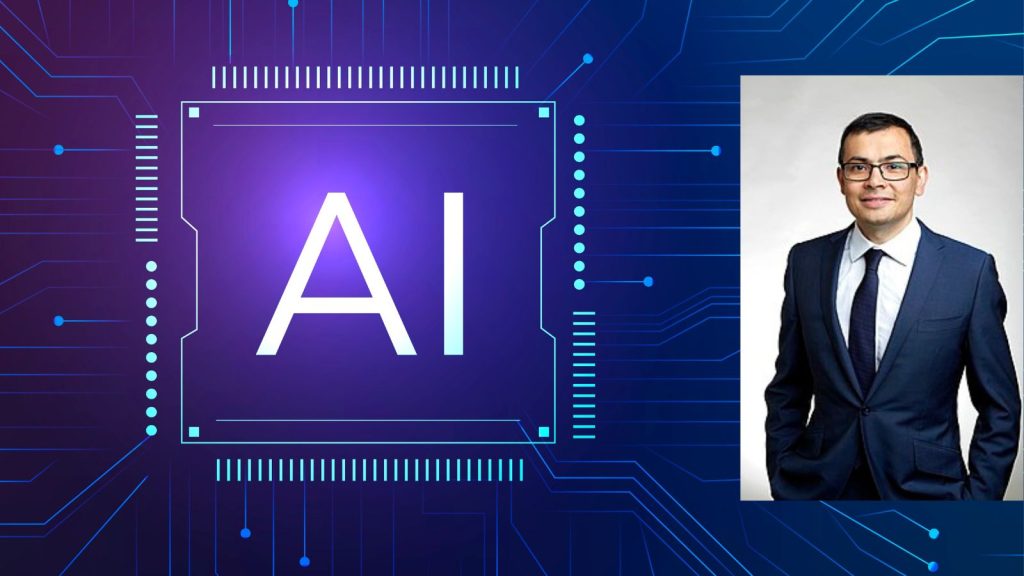Google DeepMind CEO Demis Hassabis has said that artificial general intelligence (AGI) or AI systems capable of human-level cognitive abilities could be five to ten years away.
However, the Nobel Prize-winning AI researcher ruled out that today’s AI systems possess any form of consciousness. He also acknowledged that these AI tools are lacking in imagination.
“They’re still the kind of, you can still think of them as the average of all the human knowledge that’s out there. That’s what they’ve learned on. They still can’t really yet go beyond asking a new novel question or a new novel conjecture or coming up with a new hypothesis that has not been thought of before,” Hassabis said in an interview that aired as part of CBS News’ 60 Minutes programme on Sunday, April 22.
“My advice would be to build intelligent tools first and then use them to help us advance neuroscience before we cross the threshold of thinking about things like self-awareness,” the AI researcher added.
According to Hassabis, the end of disease could be within reach in the next decade thanks to AI tools supercharging solutions to drug development. “So on average, it takes, you know, 10 years and billions of dollars to design just one drug. We can maybe reduce that down from years to maybe months or maybe even weeks,” he said.
He also emphasised that the future of AI lies in robotics, eventually leading to machines capable of understanding the world around them. “I think it will have a breakthrough moment in the next couple of years where we’ll have demonstrations of maybe humanoid robots or other types of robots that can start really doing useful things,” he said.
Demis Hassabis is a computer scientist with a doctorate in neuroscience. He has studied at Cambridge, MIT, and Harvard. Hassabis co-founded an AI research lab called DeepMind which was acquired by Google in 2014. Together with another AI researcher named John Jumper, Hassabis developed an AI model capable of predicting the structure of proteins called AlphaFold. Both of them were awarded the Nobel Prize in Chemistry for their pioneering work in 2024.
Story continues below this ad
Hassabis was also bestowed a knighthood by the UK’s King Charles that same year.
Noting that innovation in the AI industry was moving incredibly fast, Hassabis said, “I think we are on some kind of exponential curve of improvement. Of course, the success of the field in the last few years has attracted even more attention, more resources, more talent. So that’s adding to the, to this exponential progress.”
Yet, despite the incredible progress in recent years, Hassabis suggested that AI systems were still a black box.
“We have theories about what kinds of capabilities these systems will have. That’s obviously what we try to build into the architectures. But at the end of the day, how it learns, what it picks up from the data, is part of the training of these systems. We don’t program that in. It learns like a human being would learn. So new capabilities or properties can emerge from that training situation,” Hassabis said, while calling for guardrails and safety limits to be built into AI systems.
Story continues below this ad
“And I think that’s one of the things we have to do with these systems, is to give them a value system and a guidance, and some guardrails around that, much in the way that you would teach a child,” he added.


